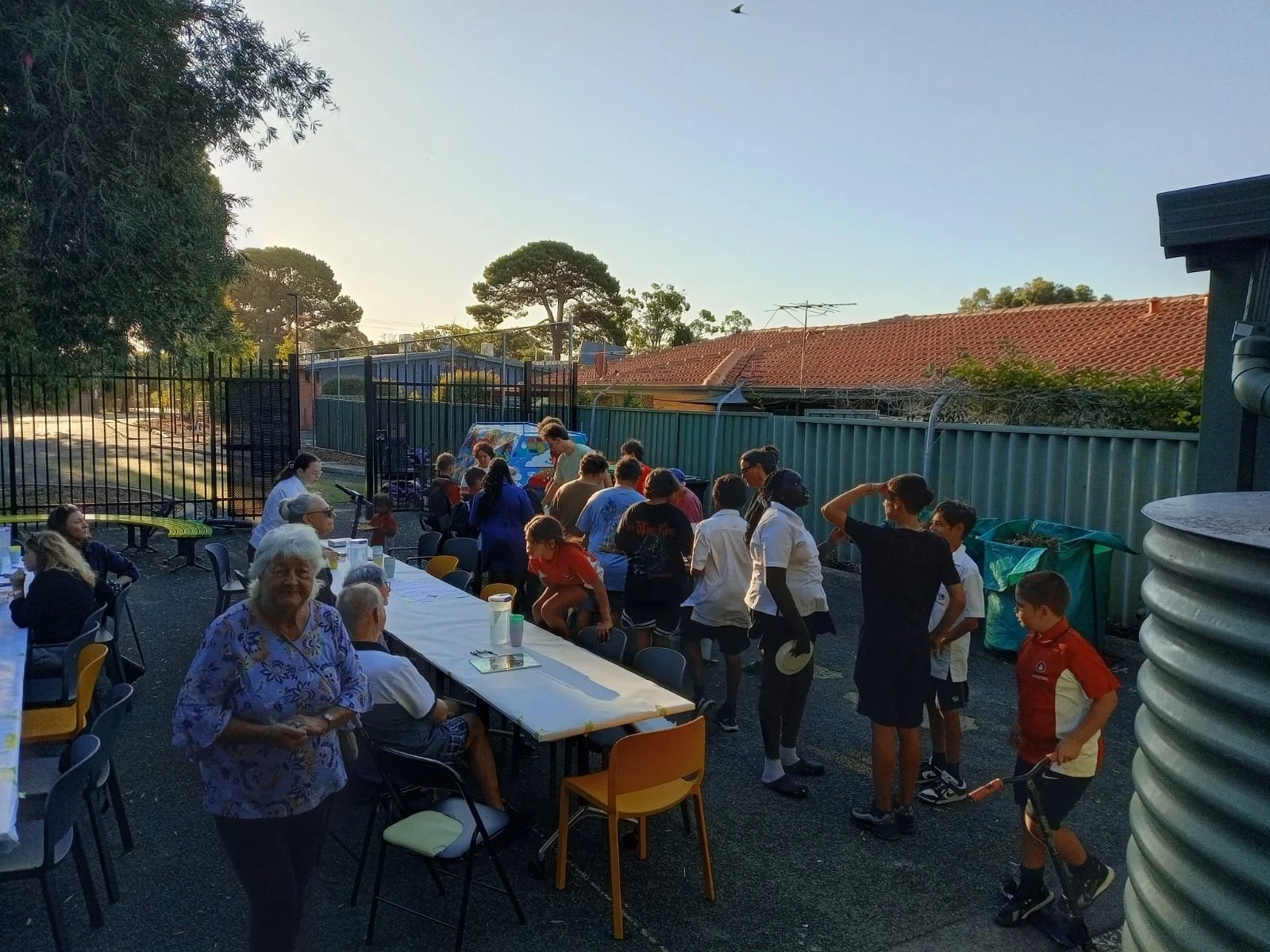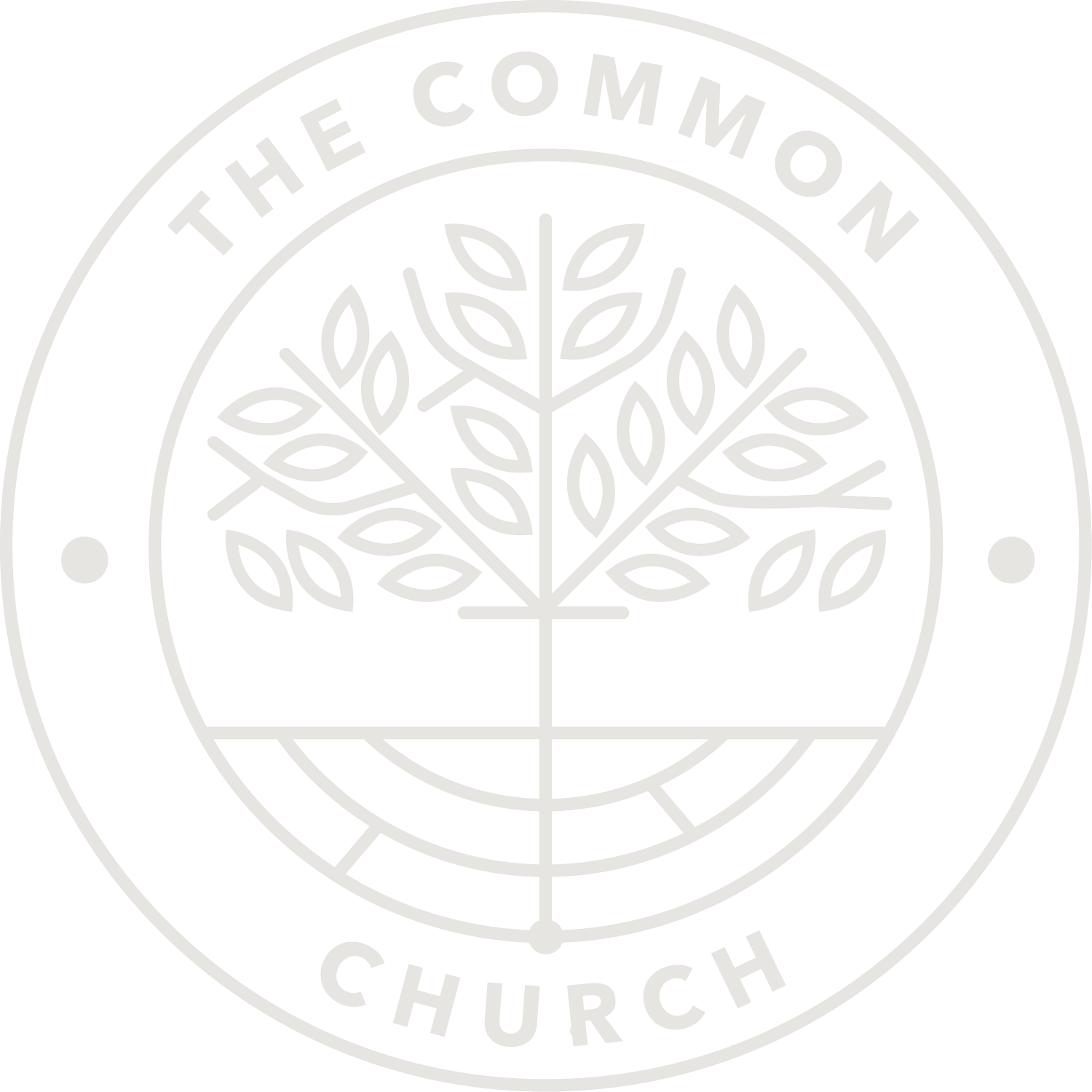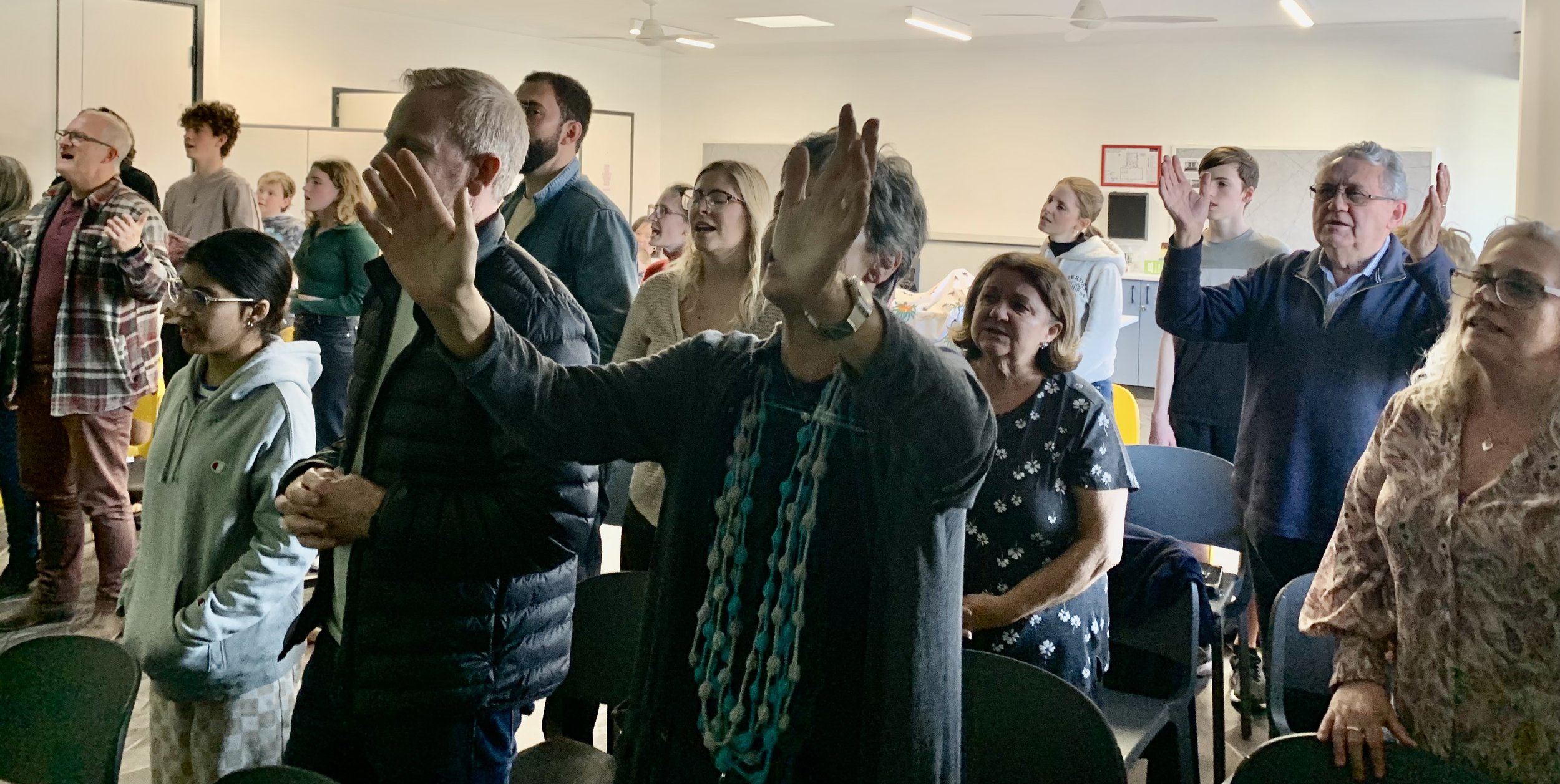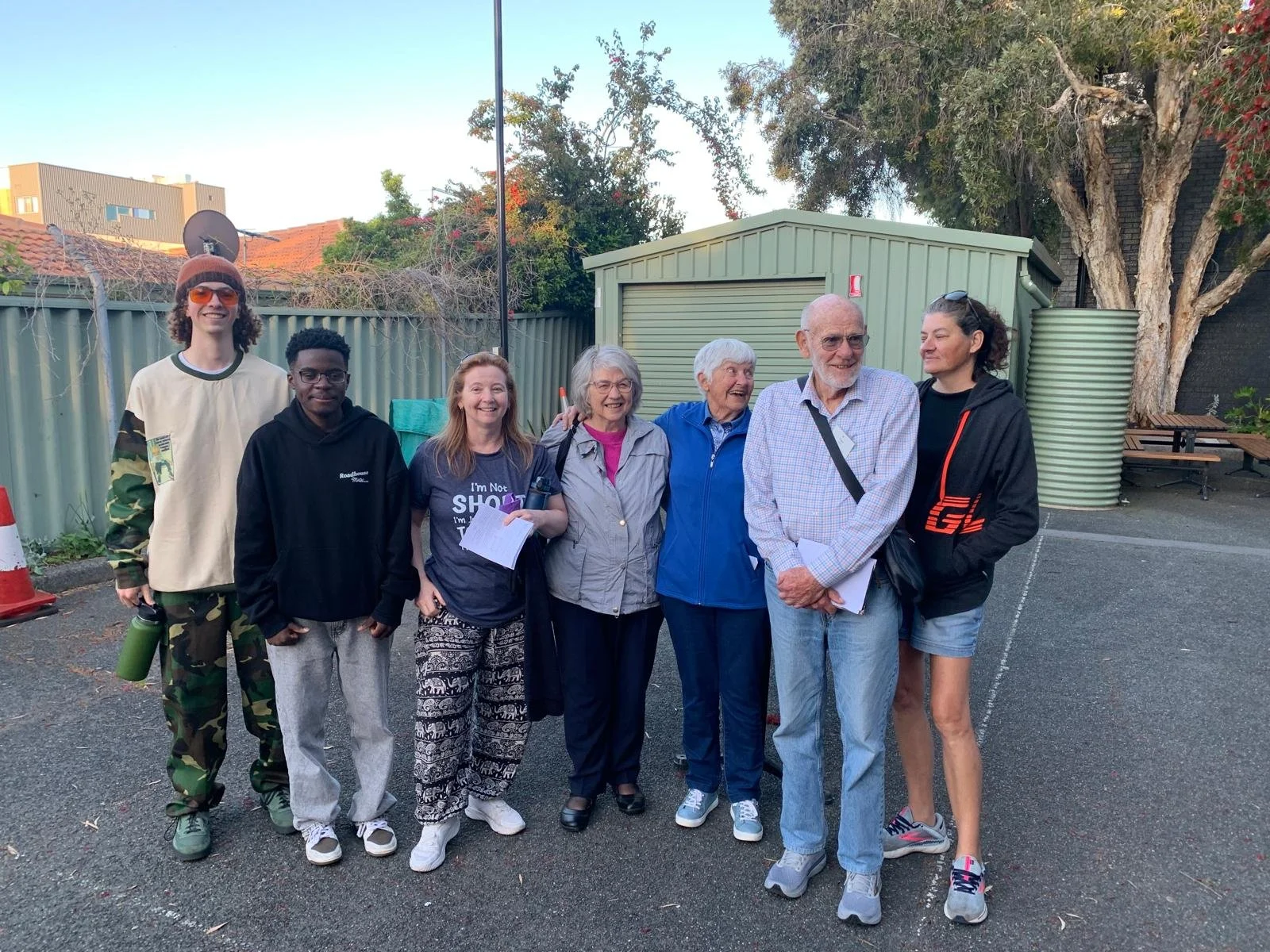
The Common’s DNA
There are five distinctive DNA marks in The Common’s theological vision:
Gospel Centred Church
Family Dynamics
Corporate Mission
Celebratory Worship
Church Planting
Family Dynamics
Because of the gospel we have been adopted into Gods family and we are called to love one another as Jesus has loved us. Families are complex and rich. They include young and old, strong and weak, mature and immature. We want the Common to have a rich diversity of people in it.
We believe structuring The Common in a way where people are more immersed in each other lives rather than just on a Sunday for a service is vital for healthy family dynamics to be experienced. This includes where children are empowered to lead people of all ages and be ministered to by people of all ages within church life.
The Bible teaches that discipleship occurs in healthy family relationships and therefore reflects them e.g., father/son, mother/child, sister/brother etc. We are however imperfect and there will be times when people are let down and sinned against. We want to be a place where we can try and work through conflict, forgive in healthy ways but also administer appropriate church discipline when absolutely necessary and appropriate.
We believe sharing meals and food together regularly enriches family dynamics.
Celebratory Worship
The Common believes that a vital fruit flowing from the gospel is both individual and corporate worship and praise. This includes gathering to celebrate God’s character, acts in history and future restoration around word and sacrament.
The elements of celebratory praising and gathering in The Common is to be modelled on and taken from the Bible. Other appropriate documents that help worship can be used with approval from the senior pastor and elders.
We believe that our whole lives are to be lived as worship to God and therefore we see worship as a wholistic term. We do however also see regular gathered times of praise and worship vital for a healthy worshipping community.
Celebratory worship can be led by people of any age or stage of life within The Common who the senior pastor or elders thinks appropriate.
A Gospel Centred Church
The Common believes that its good news that the separation between a Holy perfect God and sinful humanity (Gen. 3) has been bridged by God himself in the person of Jesus Christ (Jn. 3:16). He reconciled us to himself (Rom. 5:10) through the cross and resurrection and has made us a new people and his ambassadors to a watching world (1 Cor. 5:17-21). It is through Jesus only that a person can be reconciled to God (Jn. 14:6) for there is no salvation for humanity outside Jesus (Acts 4:12).
The gospel not only answers the question how do we get right with God but also answers what hope is there for the world (Revelation 21). Ultimately God will restore all of creation under his kingly rule. This is our future hope.
The Gospel is good news and not good advice. The gospel is not something we do but something that has been done for us and therefore we respond to. The Common will never teach that the Gospel is about trying harder, having more faith or doing more good acts to be reconciled to God.
Because the gospel is endlessly rich, it can handle the burden of being the first and the “main DNA marker” of The Common. Different parts of the gospel, depending on the particular situation are to be applied to all life, ministry and mission within The Common. For this to be done well, we desire to have all of The Common life to be viewed through the lens of the gospel and applied appropriately.
Corporate Mission
The Gospel teaches us that God is a missionary God (Jn. 1:14) and the church family are his missionary people (Matt. 5:14; 28:18-20, Acts 1:8).
We believe and encourage evangelism and the proclamation of the gospel (Rom 1:16). We believe that Missional Communities are a vehicle that can foster healthy family dynamics and also enable healthy corporate mission.
Missional practice is always contextual however we are convicted by the scriptures that those we love will include the poor and marginalized (Mtt.11:5, Lke.10:25-37) through acts of justice and mercy.
Part of corporate mission is how we treat each other within The Common. Loving each other as he has loved us is a witness to a watching world (John 13:34-35).
Church Planting
The Gospel reconciles and adopts people/s to God. God loves the church and builds her. We therefore believe that church planting in all its various forms (including planting of Missional Communities) is the best way to increase the number of people knowing and experiencing reconciliation and adoption by God through the gospel.
We believe in the whole church and that church planting renews the whole body of Christ.
We believe that church planting is Biblical and is a result of discipleship. It will help to renew and revitalise the city of Melville and beyond with the gospel of Jesus.
We believe that small to medium Common church plants will help realize the objectives of The Common.
Doctrinal Perspectives
Labels can be both helpful and unhelpful. With some trepidation and fear of being misunderstood, we label ourselves as a Gospel Centred, Evangelical, Reformed, catholic, charismatic church.
What we mean by “Gospel Centred” is we see the life, death, resurrection, ascension and return of Jesus as the lens we see all of life and ministry. The Gospel is good news and not good advice. The gospel is not something we do but something that has been done for us and therefore we respond to.
By “Evangelical” we believe that people need to know Jesus personally through repentance and belief.
By “Reformed” we lay strong emphasis on the sovereignty of God and the complete necessity of the work of the Holy Spirit for being born again.
By “catholic” we mean that many people in and out of The Common will not hold to all of our labels but gladly hold to historical Christian orthodoxy affirmed in the scriptures (Acts 4:12; 1 Cor. 15:3-5) and are therefore brothers and sisters in Christ.
By “charismatic” we believe that spiritual gifts can be practiced today in a way that remains grounded in the Word and centred in the gospel.






